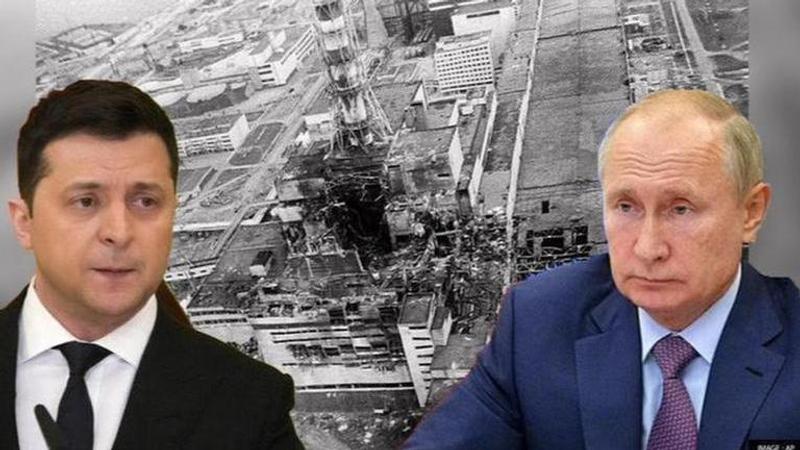Published 10:54 IST, March 3rd 2022
Why did Ukraine give up its Nuclear Weapons to Russia in late 1990s? All you need to know
Amid Ukraine-Russia war crisis, questions are being raised by the Ukrainian leaders and citizens whether it was right decision to give up Nuclear powers.

Advertisement
De-nuclearised completely between 1996 and 2001, Ukraine is now questioning its decision to give up nuclear weapons in exchange for security guarantees from Russia and the US. Amid Russia's aggression, the war-hit country is now thinking about whether it was a correct decision or having the nuclear weapons today could have worked to prevent Russia's aggression against the country.
Ukraine was once the third-largest nuclear power (during the end of the cold war) with Moscow's 5,000 nuclear arms stationed at the country's territory after the fall of the Soviet Union (USSR) in 1991. The country was even hailed after it gave up its nuclear arsenal. However, Ukraine's alarming economic situation made it hard to maintain such a large arsenal. Additionally, it was clear that the authority over the centralised firing controls of these weapons remained in Moscow so it was doubtful for Ukraine to use the weapons.
History of Ukraine giving up nuclear power
In 1994, after expansive negotiations, Ukraine signed an agreement called the Budapest Memorandum with Russia, the UK and the US where it agreed to dismantle its arsenal of nuclear weapons and delivery systems (bombers and missiles), with the West providing financial assistance. In return, Ukraine had also got the assurance that Russia, US and UK would refrain from threatening it and respect its “independence and sovereignty and the existing borders”.
In a statement earlier this week, Putin was quoted asserting, “We are aware that there have already been reports that Ukraine wants to make its own nuclear weapons. This is no empty boast. Ukraine in fact still has Soviet nuclear technology and delivery systems for such weapons.”
It is significant to note that Ukraine's ambassador to Germany Andriy Melnyk had last year hinted his country would reconsider its nuclear weapons status if it was unable to join NATO.
Ukraine-Russia war crisis
Meanwhile, President Putin has put Russia's nuclear forces on “special alert”, the move justified as a response to “aggressive statements” by the West. On Tuesday, as Russia’s nuclear submarines participated in drills, even Russia would be hoping that Putin would not go as far to use any nuclear weapons.
In the current, Russia-Ukraine war crisis, Director-General of the International Atomic Energy Agency (IAEA) Rafael Mariano Grossi on Wednesday, conducted consultations in order to address an overnight request from Ukraine's nuclear regulator to extend immediate assistance to ensure the safety of Chernobyl NPP and other nuclear facilities in the country. He said that the work of the agency at this time of uncertainty in Ukraine is indispensable.
Updated 10:54 IST, March 3rd 2022




